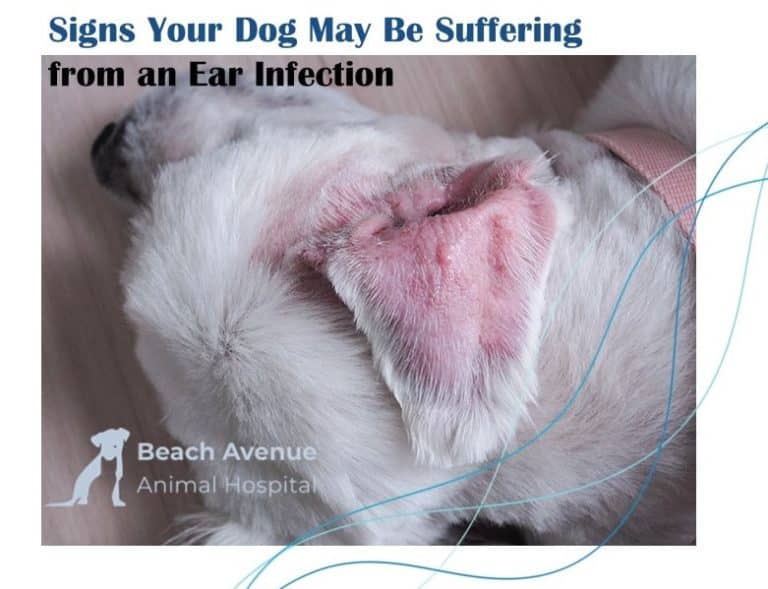Both dogs and cats can suffer from bladder stones, which are hard, rock-like formations of minerals that develop in the urinary bladder. Also called uroliths or cystic calculi, bladder stones can range from small, sand-like grains to larger, gravel-sized stones.
A pet can have several stones that range in size, but even just a single stone can cause pain and potentially be life-threatening. This is why, if you suspect your pet has bladder stones, please let us know immediately.
Signs of Bladder Stones in Pets
Symptoms of bladder stones in dogs and cats include:
- Blood in the urine
- Straining to urinate
- Abdominal pain
- Frequent urination, but only urinating a small amount each time
- Urinating in odd places
- Urinating in the house (dogs)
- Urinating outside the litterbox (cats)
- Licking the urinary opening
- Inability to urinate (this is a medical emergency!)
Some pets don’t show any obvious signs of bladder stones, and some of the signs may be the same as those of other, possibly related, conditions, such as a urinary tract infection.
If your pet is straining to urinate and nothing (or only a dribble) comes out, call us right away! It could mean that a bladder stone is blocking the urethra. This situation can cause the bladder to rupture and requires immediate veterinary attention.
Bladder stones can irritate the urinary tract or even inhibit the flow of urine. If your pet can’t urinate, call us immediately. Inability to urinate is a medical emergency!
Causes of Bladder Stones in Pets
Bladder stones form when certain minerals found naturally in a pet’s body aren’t processed correctly in the urinary system or if the levels of specific minerals are too high. These factors can cause minerals to coalesce (join together) to form crystals, which may ultimately harden into bladder stones.
To complicate matters, there are several kinds of bladder stones, depending on what type of minerals are involved. The most common bladder stones in both cats and dogs are struvite (magnesium ammonium phosphate), calcium oxalate, and urate. Some stones are made up of more than one type of mineral, potentially making diagnosis and treatment trickier.
Depending on the type of stone, other conditions may contribute to bladder stone formation in a cat or dog:
- Dietary/nutritional imbalance
- Urinary tract infection
- Kidney disease
- Metabolic factors
- Decreased water intake
- Urine acidity (pH)
- Long-term use of certain medications
- Genetic or breed predisposition
- Ingestion of certain toxins
Pets can get bladder stones at any age. Some types of stones are more likely to form when pets are younger or middle-aged, and others tend to be more common as dogs or cats get older. Older age can also make pets more prone to certain conditions that may lead to stone formation.
Diagnosis of Bladder Stones
If your Beach Avenue veterinarian suspects that your pet has bladder stones, they will perform a physical exam on your pet and ask about your pet’s dietary history and any symptoms you’ve noticed. Your vet may recommend tests such as a urinalysis, urine culture, and blood work, as well as abdominal ultrasounds and/or x-rays (radiographs) to help locate bladder stones and determine their size.
Catching bladder stones early can help prevent complications such as urinary obstruction and may mean your vet could have more options to help treat your pet.
Treatment of Bladder Stones
Your Beach Avenue veterinarian will recommend treatment for your pet based on the specific type of bladder stones, as well as other factors, such as the size or location of the stones and your pet’s overall health. Treatment options may include:
- Removing the stones surgically from the bladder (cystotomy) or the urethra (urethrotomy).
- Flushing the stones back into the bladder using a nonsurgical technique called urohydropropulsion, in which fluid is passed through a catheter placed in the urethra to try to remove a stone or stones that are causing an obstruction. Your vet may first perform a procedure called a cystocentesis to drain urine from your pet’s bladder.
- Feeding a diet specially formulated to dissolve certain bladder stones.
Surgery is the fastest way to treat bladder stones and is often needed if stones are blocking the urethra and preventing your pet from being able to urinate. However, surgery may not be needed or appropriate in every case, and other options may offer your pet relief.
If your pet is put on a special diet, they will likely need antibiotics for the duration of therapy to help resolve and prevent bacterial infection. In dogs, an infection is typically what causes the type of stones that dietary therapy is effective for, and bacteria can be released into the bladder as the stones are dissolved, potentially causing a new infection.
Dietary therapy may be needed for several weeks or months, and your veterinarian will need to check progress of stone dissolution through urinalysis and x-rays or ultrasound. Because this may be a slow process, your pet may continue to experience pain and other symptoms of bladder stones while on the diet. If the diet doesn’t work or a urethral obstruction occurs during that time, other treatment will be needed.
Prevention of Bladder Stones
We can’t necessarily prevent bladder stones from forming, but we can take steps that may help, including:
- Encouraging your pet to drink more water (either by adding water to your pet’s food or switching to canned food)
- Adjusting your pet’s diet to further reduce the concentrations of the problem minerals in the urine and to adjust the urine pH as needed
- Prescribing medication
- Treating underlying infections or diseases
Don’t Wait to See What Happens!
If you notice any signs of bladder stones in your pet, give us a call. Other diseases and conditions sometimes have similar signs, so your Beach Avenue veterinarian will determine what’s causing your pet’s symptoms and recommend treatment options.
Bladder stones can become life-threatening quickly. Early diagnosis and treatment can make a difference in the outcome and recovery of a pet with bladder stones.










